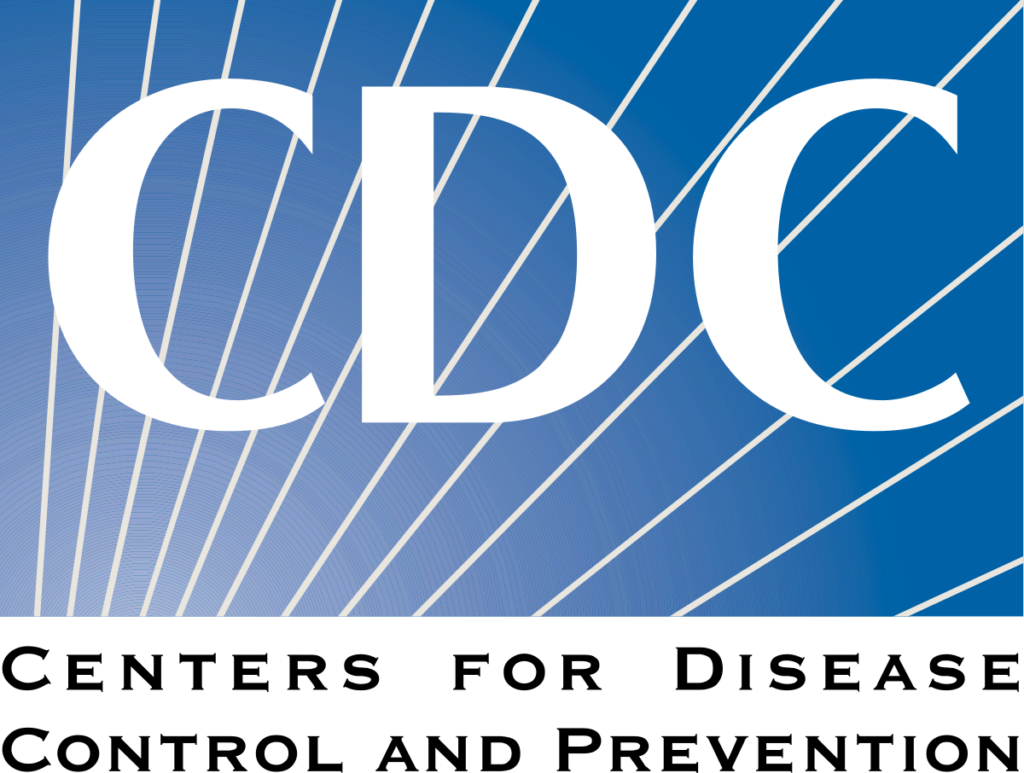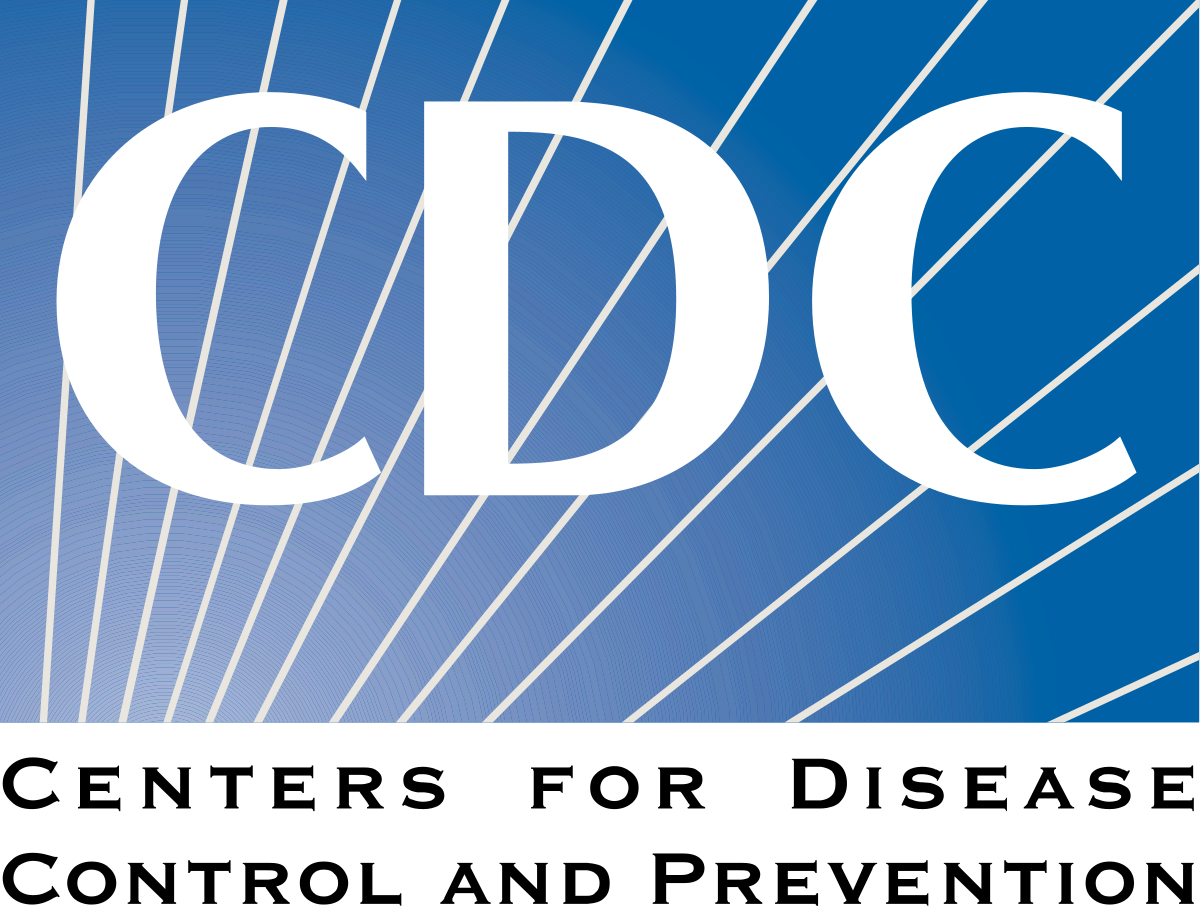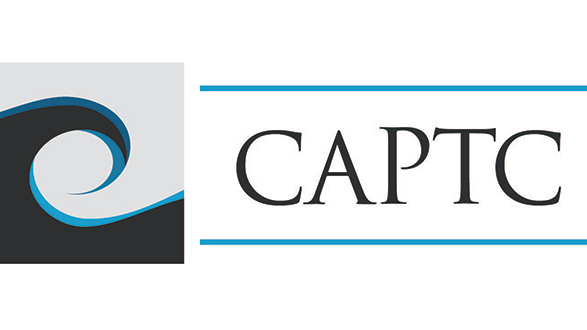Topic: Disease Intervention
Integrating PrEP into Partner Services
CDC Train’s Integrating PrEP into Partner Services course is designed to give Disease Intervention Specialists (DIS) the tools they need to offer HIV pre-exposure prophylaxis (PrEP) to their clients by reviewing what PrEP is, how it differs from post-exposure prophylaxis (PEP) and how to assess whether a patient is eligible.
Recommendations for Partner Services Programs for HIV Infection, Syphilis, Gonorrhea and Chlamydial Infection
Quick reference guide for the MMWR Recommendations & Reports, Recommendations for Partner Services Programs for HIV Infection, Syphilis, Gonorrhea, and Chlamydial Infection
A quick reference resource, it only lists the recommendations and data security guidelines included in the MMWR. The document is available in its entirety at www.cdc.gov/nchhstp/partners.

Toolkit for Technology-Based Partner Services
The toolkit serves as a general resource for health departments, community-based organizations, and others on how to use the internet and other technologies to trace and contact persons potentially exposed to STIs including HIV.

Disease Intervention Specialist Summit
In September 2020, Disease Intervention Specialists (DIS) across the United States gathered for a virtual summit to address the expanding roles of DIS. Hosted by the CAPTC in collaboration with the California Department of Public Health (CDPH) Office of AIDS (OA) and the Sexually Transmitted Diseases Control Branch (STDCB).
The summit touched upon an expansive range of subjects, including motivational interviewing techniques and medical mistrust in DIS work. View videos and download resources.
Introduction to Field Safety for DIS
CDC Train’s Introduction to Field Safety for DIS module will introduce partner services providers (i.e., DIS) to the basic principles and best practices for safely conducting field visits.
Syphilis and HIV Linkage to Care and Partner Services Interview
Video example of a disease intervention interview linking a person co-infected with syphilis and HIV to care, and providing partner services.
Linkage to Care Interview
Example of a disease intervention interview linking a person newly diagnosed with HIV to care, conducted by telephone.

Understanding Boundaries
On hold due to COVID-19. Will resume as soon as it is safe to do so.
Personal and professional boundaries are an integral part of any provider-client relationship. This is particularly true for those in the medical and social service delivery fields. Boundaries represent invisible structures imposed by legal, ethical, and/or professional standards. The ability to set and maintain boundaries is critical to ensure effective and successful interactions with clients as well as colleagues.
This training explores the importance of personal and professional boundaries. We look at the ways in which maintaining good boundaries improves client relationships and builds self-sufficiency. We define what constitutes personal versus professional, and legal versus ethical boundaries. Through didactic learning and experiential exercises, participants work to identify the most appropriate actions in situations that may arise when working with clients or colleagues.
This training is appropriate for any organization that has experienced challenges with boundaries or would like to proactively develop a boundary-aware culture.
S2 Ep1 Speaking Frankly: Welcoming the new CAPTC Director, Dana Cropper
Dana Cropper recently took the helm of the California Prevention Training Center as its new Director, after Alice Gandelman’s retirement. Dana previously served as Director of Education at HealthHIV.
In this debut episode of Speaking Frankly season two, we talk with Dana about her new position, why Oprah and Sojourner Truth are two of her heroes, and why she thinks to reduce stigma, we must each engage in deep and ongoing self-reflection “about how we navigate through the world”.

